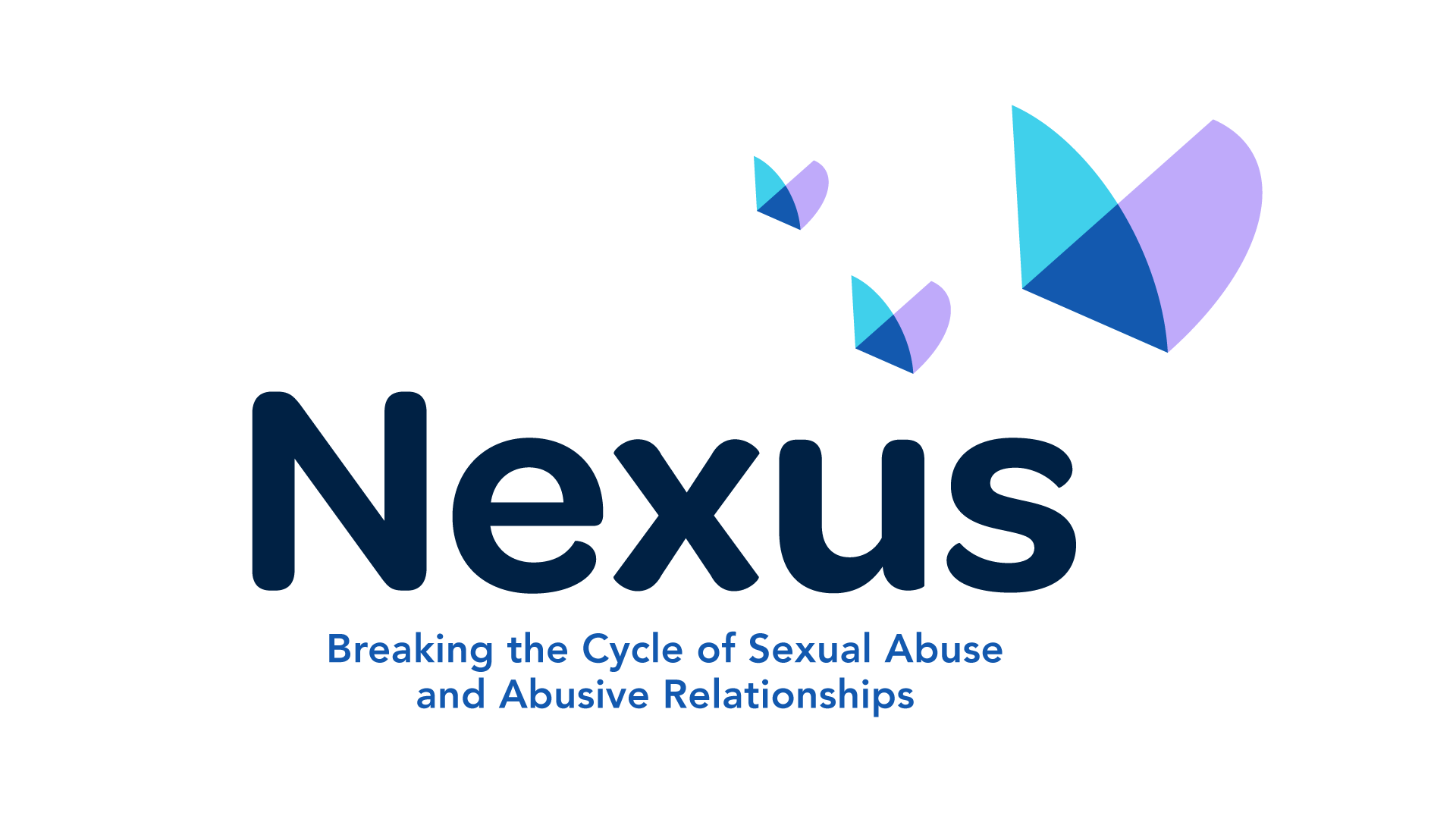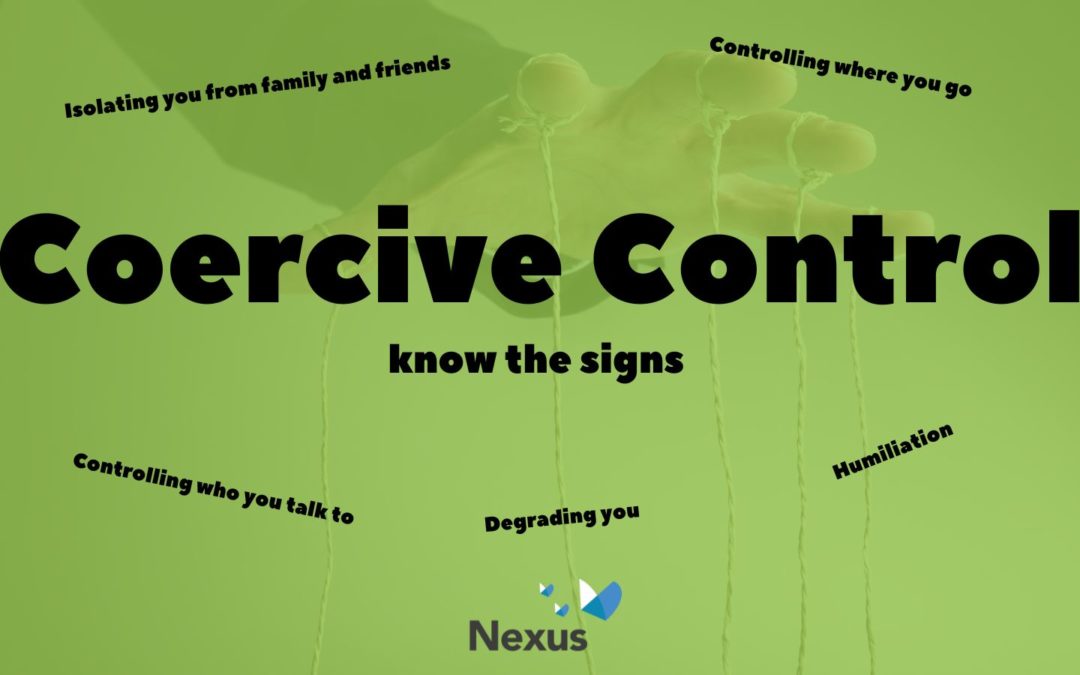What is Coercive Control?
There is a lot of talk and discussion at the moment about Coercive Control and the new legislation within Northern Ireland – but what is Coercive Control and what does it actually mean? How can we help society increase their awareness & knowledge about Coercive Control?
Coercive Control in Northern Ireland is now against the law as we have the Domestic Abuse & Civil Proceedings Act (NI) 2021, which came into force in February 2022.
Coercive Control is not a new term, however it can be hard to describe. It has been around for a long time and is used to control another person. Evan Stark describes it as, “the victim becomes captive in an unreal world created by the abuser, entrapped in a world of confusion, contradiction and fear.” Stark states abusers use: “Strategies designed to retain privileges and establish domination in a partner’s personal life based on fear, dependence and deprivation of basic rights and liberties”.
Coercive Control can be used in both domestic abuse and sexual abuse situations and involves many different ways to make the victim / survivor feel powerless. Some examples of different forms of coercive control include;
- Isolating from family and friends
- Controlling where you go
- Who you talk to
- What you wear
- Humiliation
- Degrading you
- Twisting things you say or do
- Giving you the silent treatment
- Bombarding you with messages / phone calls
- Pressurising you into a sexual activity and making you believe it is your fault
- Making you feel that you are in the wrong and it is your fault.
This list is not exhaustive and it is just to give you an idea of what coercive control entails.
I am sure you can imagine how this will make any person feel. Emotional effects include (again this list is not exhaustive) self-doubt, self-blame, lack trust, guilt, shame, embarrassed, feel you can’t tell anyone about it, feeling low, anxious, stressed and confused. I would also like to point out; these emotional effects will then affect both your physical self (body) and your behaviour, for example; self-harm, self-hatred, drug and alcohol issues, aggressive behaviour towards others or you withdraw from family and friends. Every situation can be different for individuals. We can never assume or judge what Is going on for victims & survivors. Yet, when someone tries to explain or tell someone else, they do not know how to explain it or where to start. This links back into what Evan Stark says, “…entrapped in a world of confusion, contradiction and fear.”
The new legislation for Northern Ireland is great news for victims & survivors of both domestic abuse and sexual abuse. In summary, it means:
- Protection is no longer limited to physical abuse, with the legislation criminalising a pattern of non-physical abusive behaviour
- Abusive behaviour may also include sexual abuse and technological or digital abuse
- It will capture patterns of two or more occasions of physical and/or psychological abuse by a partner, ex-partner or close family member and will include behaviour that is physically violent, threatening or intimidating
However, what I would say, we still have a long way to go regarding raising awareness and educating society about Coercive Control, what it is and support services.
It is important that victims & survivors have a place to go to tell their story, be SUPPORTED, BELIEVED and HEARD. If you have been affected by this blog or would like more information, please contact Nexus on 028 9032 6803 or contact the 24hr DSA Helpline on 0808 802 1414.





